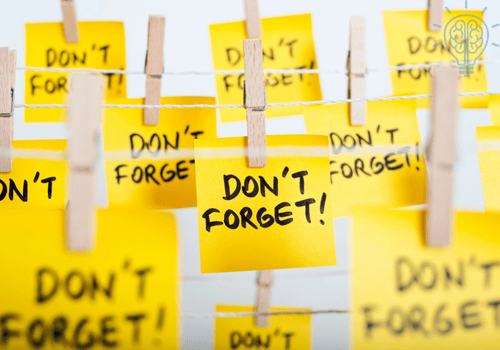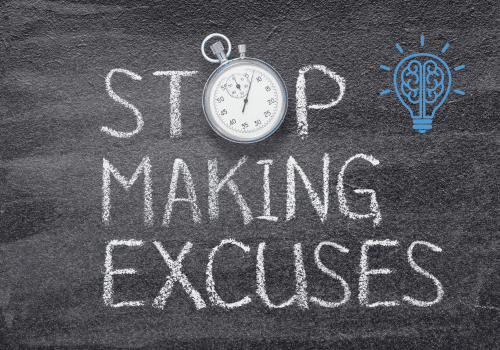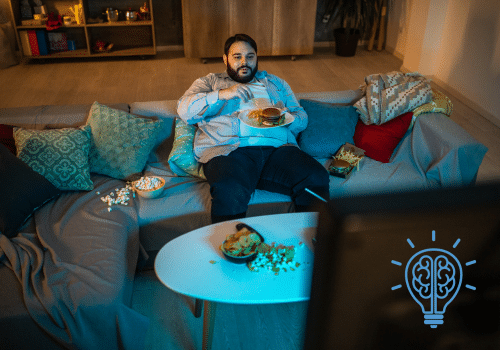If you struggle to follow through on personal goals, you’re not alone. Whether it’s exercising regularly, writing a book, or learning a new skill, many people feel stuck in an endless cycle of setting goals but never reaching them.
This isn’t about laziness or lack of ambition. Executive function skills—like planning, self-monitoring, impulse control, and task initiation—play a huge role in goal achievement. If these skills are weak, staying committed to personal goals can feel impossible.
The good news? With the right strategies, you can build consistency and start seeing real progress.
🧠 Why Is It So Hard to Follow Through on Goals?
Personal goals require more than just motivation. They demand structure, accountability, and long-term planning. Here’s why follow-through can be difficult:
📌 Weak Task Initiation
Knowing what to do but struggling to start can lead to endless procrastination.
⏳ Poor Time Management
Underestimating how long things take—or not making time for them at all—leads to stalled progress.
🔄 Lack of Self-Monitoring
Without regularly checking progress, it’s easy to drift away from goals without realizing it.
🛑 Inhibitory Control Challenges
Distractions, social media, and short-term pleasures often take priority over long-term goals.
😞 Perfectionism and Overwhelm
If a goal feels too big or unrealistic, it’s tempting to give up before making real progress.
🚨 The Consequences of Inconsistent Follow-Through
When you struggle to follow through on personal goals, it can lead to:
- 📉 Loss of confidence and self-trust
- ⏳ Feeling stuck in a cycle of starting and quitting
- ⚡ Increased stress and frustration
- 🚀 Missed opportunities for personal growth
- 😞 A sense of failure, even when effort was made
But follow-through isn’t about “trying harder”—it’s about having the right systems in place to make progress feel natural and sustainable.
✅ Strategies to Follow Through on Goals
📅 Break Goals into Short-Term Achievable Steps
Use the STAG (Short-Term Achievable Goals) method to make progress in small, manageable increments.
⏲️ Schedule Dedicated Goal Time
Instead of “fitting it in,” assign a specific time in your calendar for working toward your goal.
📝 Write Down Your “Why”
Clarify why this goal matters to you—having a deeper reason makes follow-through easier.
🔄 Use the “Two-Day Rule”
Never skip working on a goal for more than two days in a row—it keeps momentum going.
🚀 Set “Good Enough” Progress Markers
Instead of aiming for perfection, define what a reasonable level of progress looks like.
🔔 Use External Accountability
Tell a friend, join a group, or hire a coach—having someone check in on your progress can boost motivation.
⏳ Track Small Wins
Keeping a log of accomplishments, even minor ones, helps build confidence and momentum.
🧠 How Executive Function Coaching Can Help with Following Through On Goals
If you struggle to follow through on personal goals, executive function coaching can provide structured strategies to build consistency and stay on track.
With coaching, you can learn how to:
- 🎯 Develop realistic, step-by-step action plans
- 📅 Build habits that stick through structured routines
- 🚀 Overcome procrastination and perfectionism
- ✅ Improve self-monitoring to track progress effectively
Reaching your goals isn’t about willpower—it’s about setting yourself up for success with the right systems.
Want to improve your follow-through and achieve your goals? Contact us for executive function coaching today!




